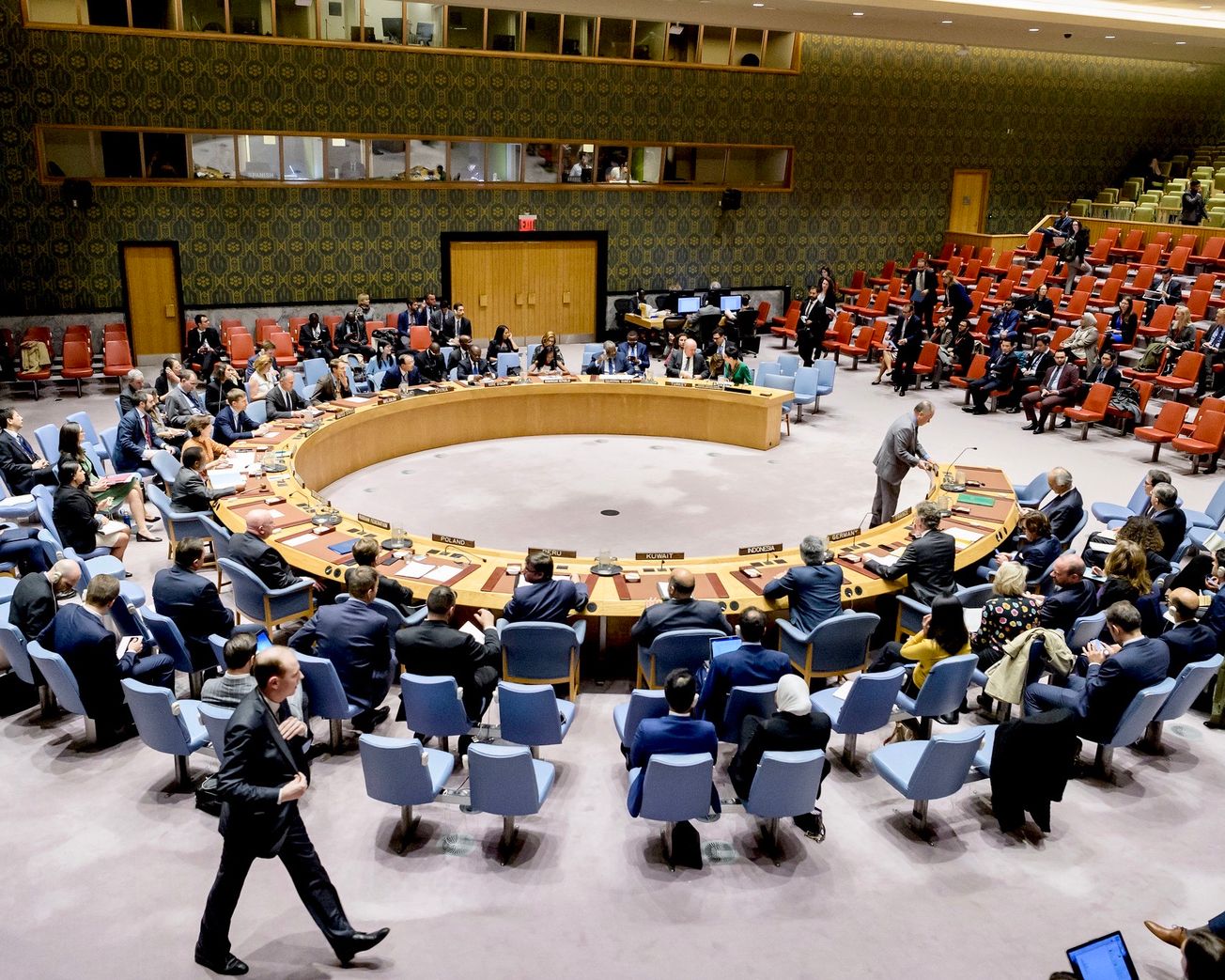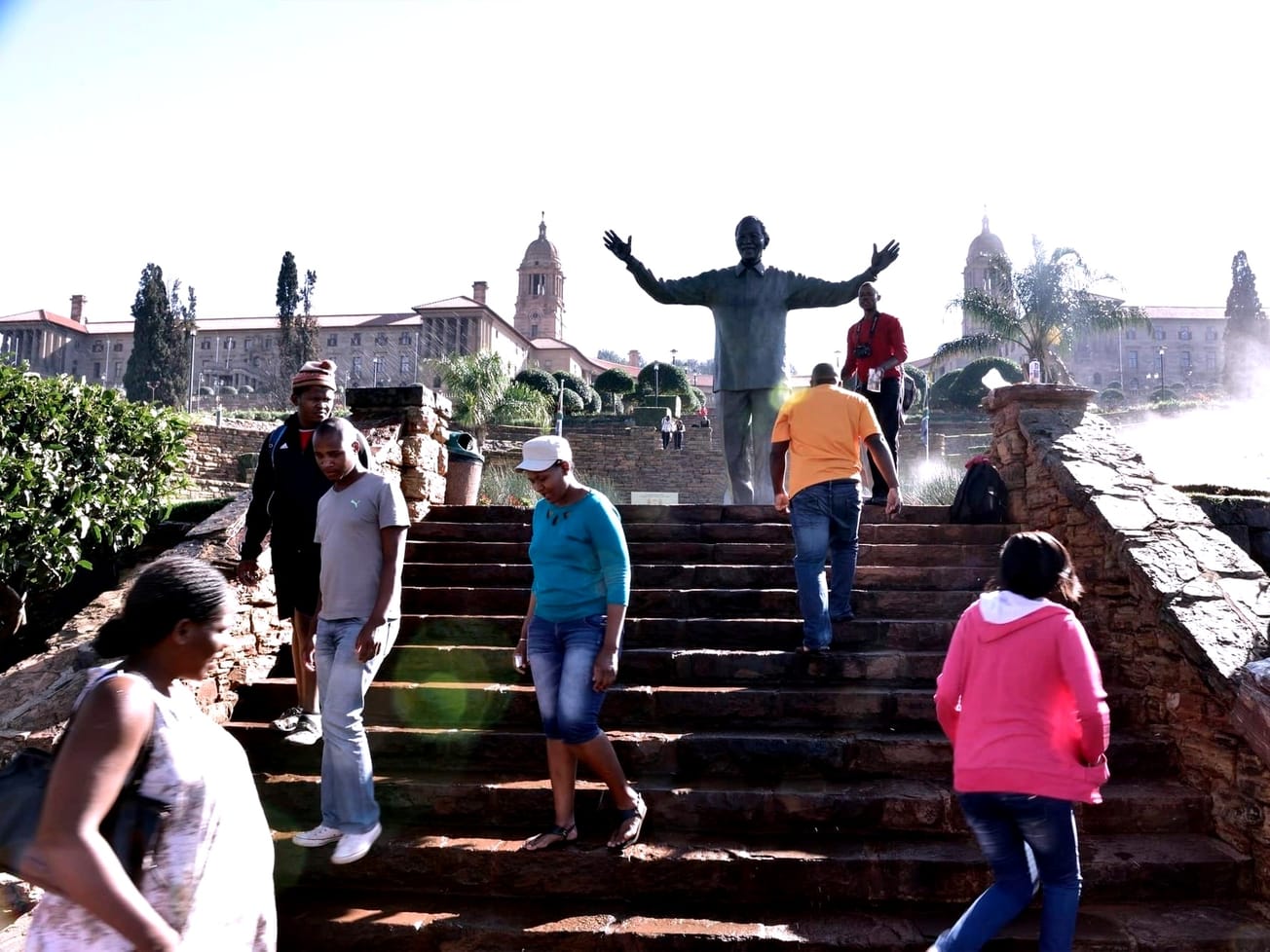Russia and, by extension, its leader Vladimir Putin took command of the U.N. Security Council for the entire month of April, giving him what other leaders warn is a prestigious stage to spread disinformation about his war against Ukraine.
The last time Russia was in charge of the United Nations' most powerful arm was in Feb. 2022, when the country launched a full-scale invasion of its neighbor. And it's the Security Council that is supposed to bear the primary responsibility under the U.N. Charter for maintaining international peace and security.









